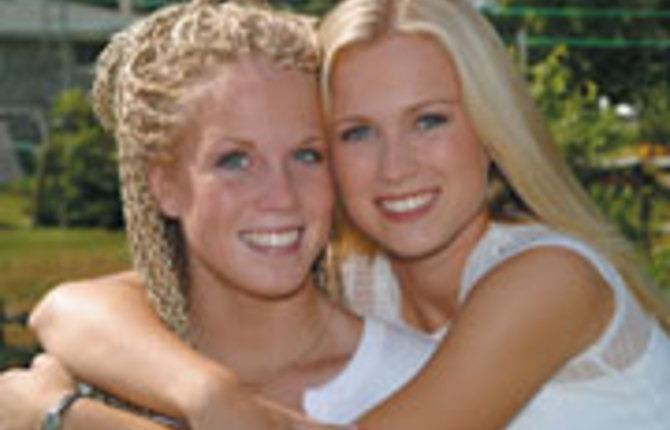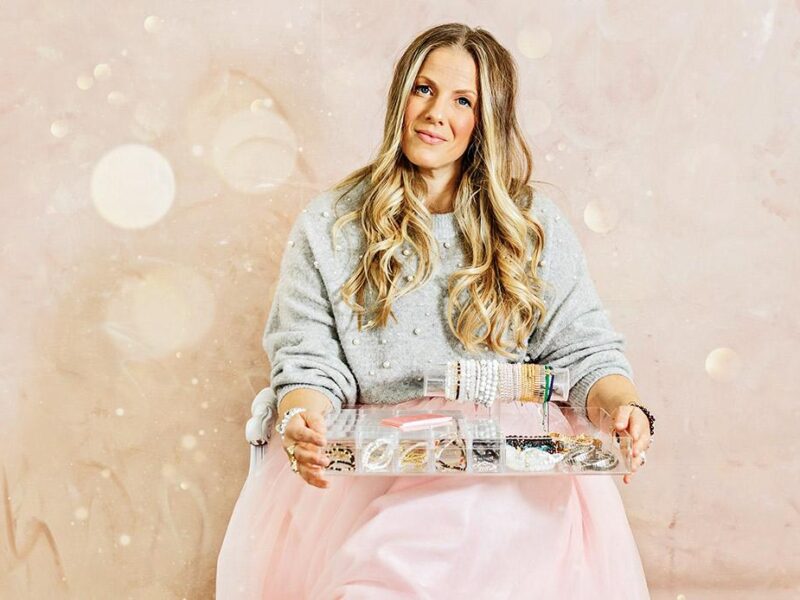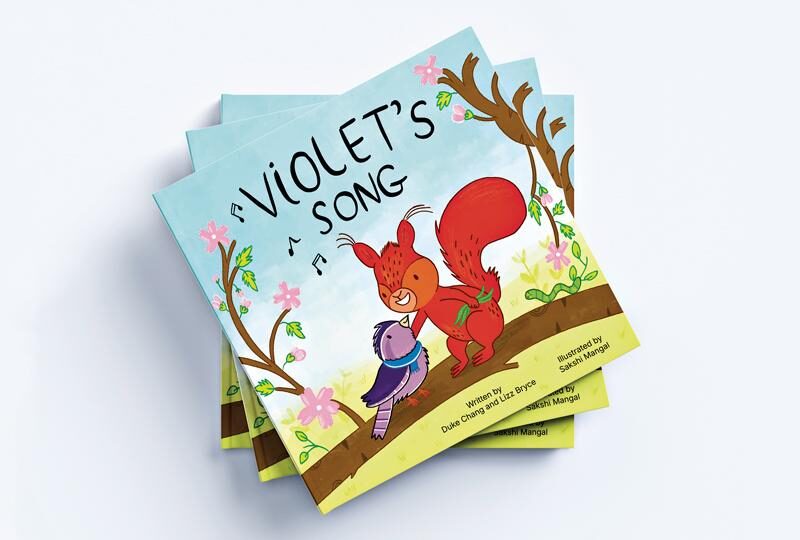
Scheduled time out and spot the difference
Dear Dr. Karyn,
I want my child to have the best opportunities so I’ve always enrolled him in numerous activities. Now I’m wondering if he is too busy. How full should a child’s schedule be?
Answer: This is a popular question in the fall when we sign up for extra-curricular activities. The big question is how full should we pack our schedule and our children’s schedule? In my book, Raising Healthy Teens In An Age of Overindulgence, I address overscheduled calendars. What happens when our calendars are too full? When we don’t have any relaxation time? Any down time? There are many emotional and physical consequences. The most common ones I see at my practice, when calendars are too full, people get irritable, short-tempered, and sometimes anxious. This impacts relationships at home and with friends.
Experts tell us we all need downtime -unscheduled time when we can do nothing, veg, relax, unwind. In one of my favourite books, 7 Habits of Highly Effective People, Dr. Covey’s explains the 7th habit is for people to “sharpen their saw”. In other words, for all of us to be the most effective counselors, teachers, parents, students, we need to give our machine – our bodies and mind – a break. So before you agree to be on one more committee, ask yourself: how much time, right now, do you have that is unscheduled? Remember, if you want your child to live a balanced lifestyle, you’ve got to model this for him.
WISE OR EXPERIENTIAL
Dear Dr. Karyn,
I’ve got these two very different kids. One does as I say and the other likes to learn on her own terms. Please help me understand the difference.
Answer: There are two very different kinds of kids: experiential and wise. I’ve worked with both. Wise kids come in with a specific goal in mind. They want to improve their relationships, build self-esteem or decrease depression. They’re motivated, focused and “coachable” – I provide solutions and they do it and they see results quickly.
Other kids I call more ‘experiential’. They don’t want solutions. They might admit they’re depressed or struggle with low self-esteem but they are not interested in changing. Rather, they come to tell me what’s going on in their life. I realize as a coach, to be effective, I need to adapt my style to meet their needs. If I tell experiential kids what to do different, I am wasting my breath and really irritating them. They don’t learn from other people telling them what to do; they learn through experience. They tell me, “I would rather live my life my way and learn from my mistakes than have someone else tell me how to live.”
As parents, we try to give advice and tell our children what to do. If you’ve got a wise child, that child is more likely to listen to you. With experiential children, the best thing you can do is allow them to experience the consequences of their choices.
Dr. Karyn Gordon is a youth expert, parent/teen coach, motivational speaker and author. Check out www.drkaryn.com.





